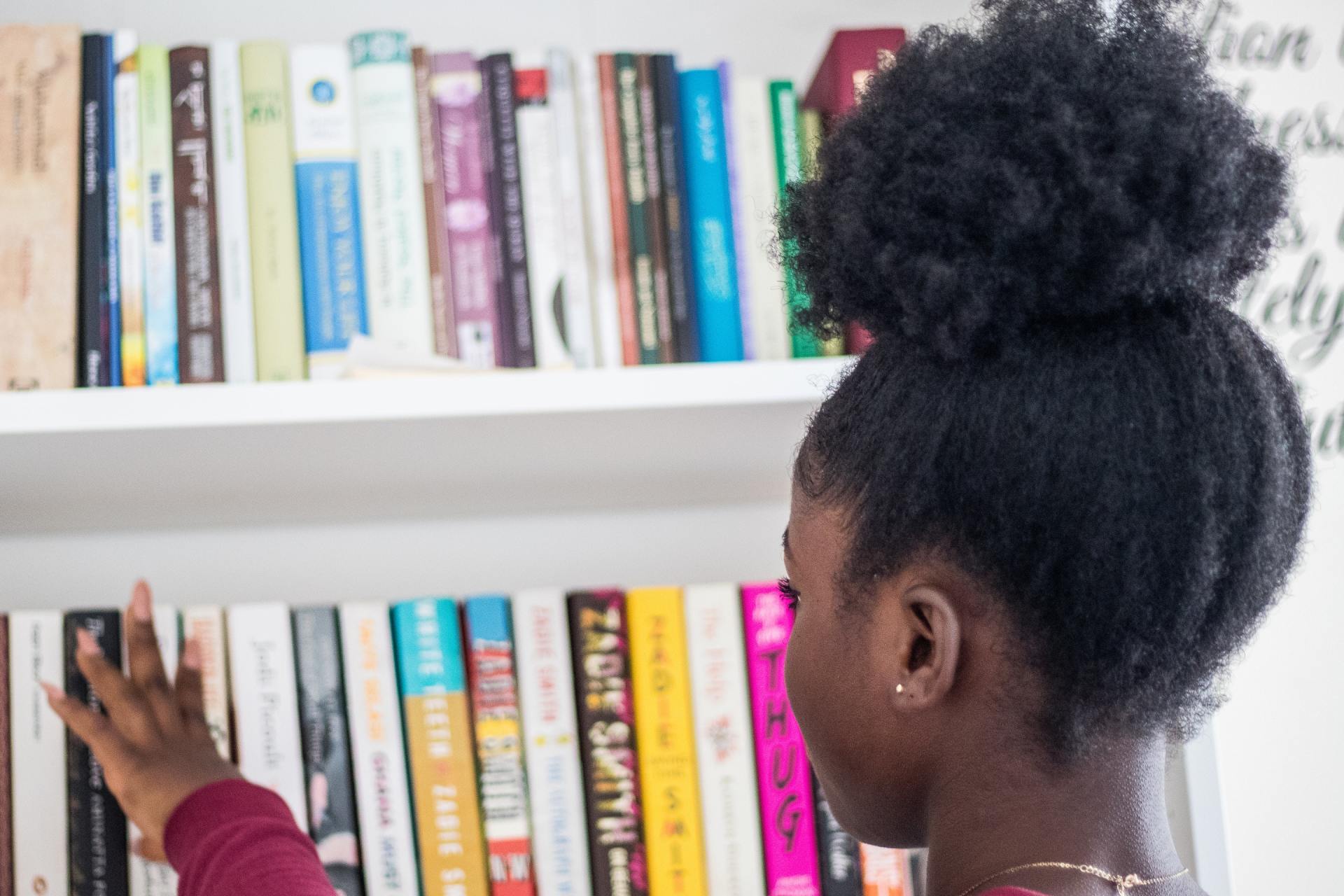Literacy & Numeracy
Repetition and practice and learning the basics is key to success in math and in the goal towards achieving financial literacy as an adult.
Numeracy and Literacy
Our team
Understanding and making sense of numeracy and mathematical concepts can be challenging for so many children. Oftentimes, difficulty in literacy interferes with understanding in math class. Breaking down concepts, providing a step by step approach or alternative approaches is how I can assist your child. Repetition and practice and learning the basics is key to success in math and in the goal towards achieving financial literacy as an adult.
Early Therapy can…
Research over the past few decades has revealed how the human brain is biologically primed for learning from birth. The early childhood period of children’s lives has a profound impact on their learning and development for the long term. From birth to eight years, children’s developing brains undergo rapid change. This is when children have the greatest opportunities to develop neural pathways for learning and are also most vulnerable to negative experiences. Research underscores the imperative for comprehensive and integrated systems that support children’s learning and development, health and wellbeing in partnership with families. Emphasis is placed on continuity of learning for young children as they move between various settings in the early years, including home, early childhood services and school. An informed understanding of the science of early learning and development guides adults on what children need to thrive and the systems that best support this.
READING AND WRITING MILESTONES
Before your child begins to read and write Young children are eager learners and can develop literacy skills in a variety of ways. In this stage, your child:
- Likes to be read to and to look at books or words
- Learns about words by playing with letter blocks, looking at picture books, playing with magnetic letters, singing songs and reading simple traffic signs or logos on food packages
- Begins to understand that his or her own thoughts can be turned into text, whether on paper or on a computer, by using pictures, symbols and letters
- Begins to act like a reader – for example, holds a book or e-reader, or works a computer mouse and pretends to read
- Begins to act like a writer – for example, holds a pencil, crayon or marker and pretends to write, types on a keyboard, makes letters with modelling clay
- Uses both recall and pictures to tell the story
- Is curious and asks lots of questions about his or her world
Should my child see a literacy and numeracy specialist?
Keep an eye out for signs your child may need some extra help during their development:
- Preschool children may reverse sounds when they say words. They may also have difficulty with rhymes or with naming and recognizing letters.
- School age children may read more slowly than other students in the same grade. Because reading is hard, they may avoid tasks that involve reading.
- They may not understand what they read and may have a hard time answering questions about texts.
- They may have trouble with putting things in sequential order.
- They may have difficulty with pronouncing new words.
- In adolescence, teens and young adults may continue to avoid reading activities.
- They may have trouble with spelling or learning foreign languages.
- They may be slow to process or summarize what they read.
What can I do while I wait?
There are a variety of ways for parents/caregivers to assist their children in developing communication skills. Below is a list of some ideas to encourage communication development with your child. We encourage you to explore the following resources:
For some fun things for you to do with your child, including interactive literacy games and videos, visit:
Preschool www.tvokids.com/preschool/language-preschool
School Age
www.tvokids.com/school-age/language
WHAT PARENTS CAN DO
You are your child’s most important ally and advocate, and there is a lot you can do to improve your child’s reading ability and academic outlook:
- Talk to your child. Stay positive, discuss solutions, and encourage an ongoing dialogue.
- Read aloud. Even reading the same book again and again can help children associate letters with sounds.
- Pace yourself. Celebrate small milestones and successes, and develop hobbies and interests that are separate from reading, so your child can experience success elsewhere.
- If you are concerned about your child's academic progress, reach out to your child's teacher. they have many resources that you can utilize in the home, when building and working on your child's skills and abilities
RESOURCES
- Literacy & Numeracy Framework
- Reading & Writing with Your Child
- Does My Child Have Dyslexia?
- Victorian Early Years Learning & Development Framework




